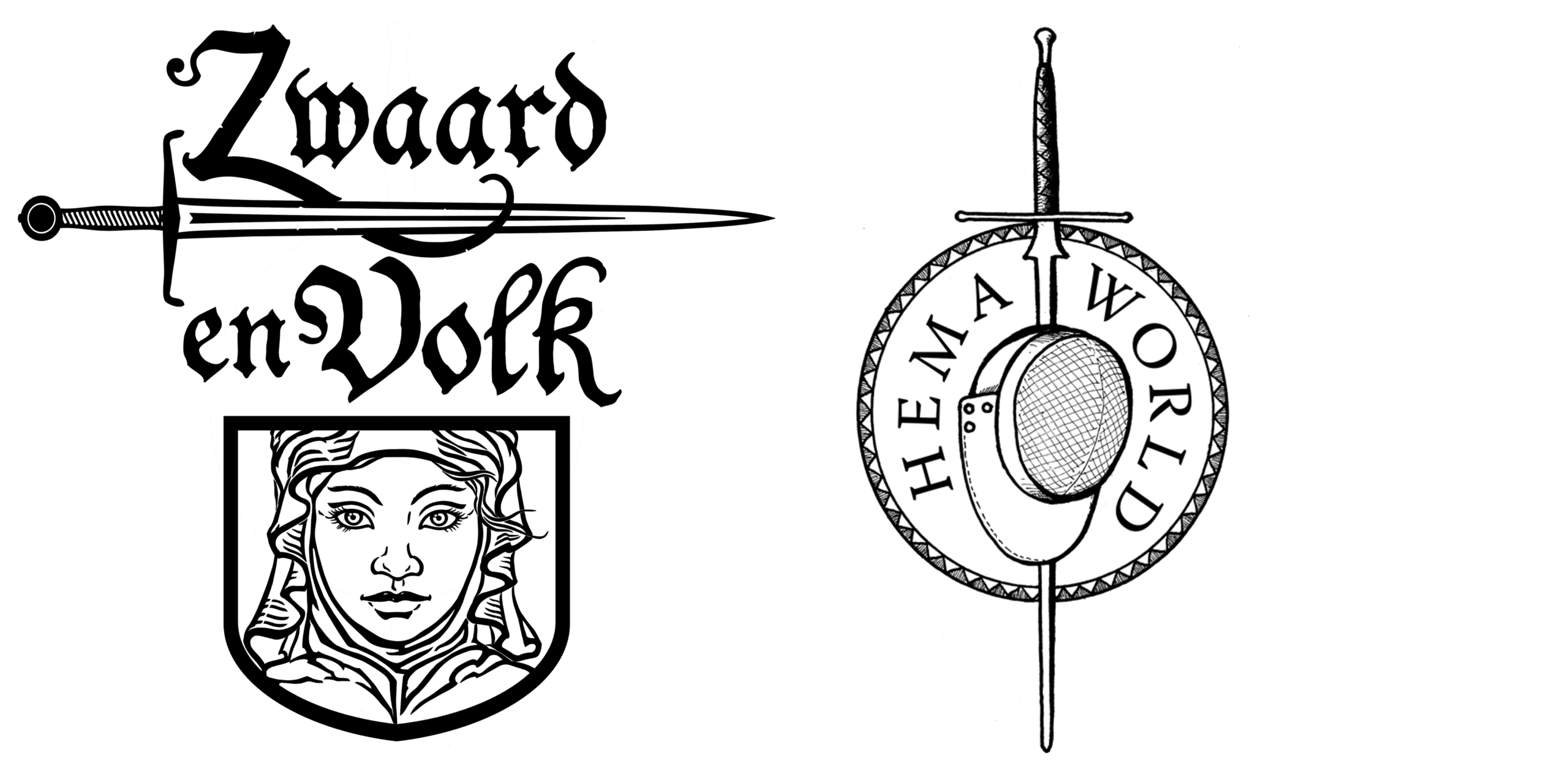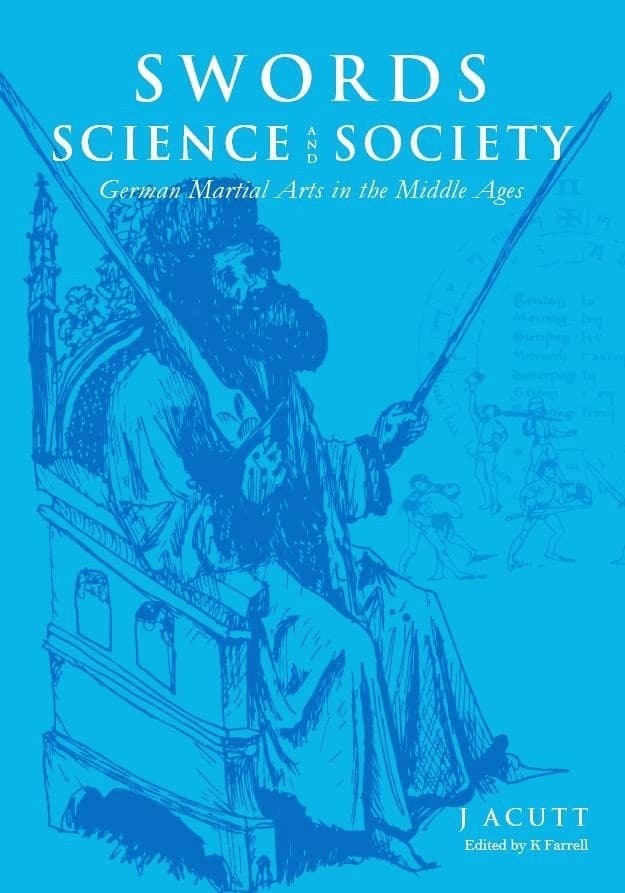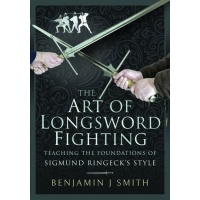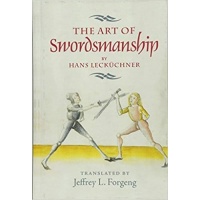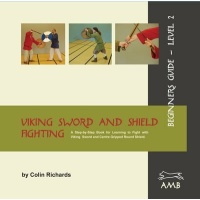Beschrijving
In medieval Germany, combat was a matter of life and death, and knowing the Art of Fencing was to have control over it: to have the power to save or take lives. Those who knew the Art of Fencing kept such knowledge as a closely guarded secret.
In 15th century Bavaria, a small and secretive fellowship of fencing masters encoded their knowledge into a cryptic and arcane verse. Their Art, the ‘one true art of the sword’, was reserved only for the initiated. At the head of this fellowship was a grand-master known as Johannes Liechtenauer.
Presented within this book is an investigation of the Company of Liechtenauer, tracing their connections and influences through archival records spanning more than a century. Scholarly Fencing is contrasted with what was referred to as ‘Common Fencing’.
Separating the ‘common’ from the ‘initiated’, this book demonstrates the Aristotelian and Scholastic approach that defined the secret Art of Liechtenauer, and describes the science of sword-fighting in the 15th and 16th centuries.
Book Details
- Author: Jamie Acutt
- Editor: Keith Farrell
- Publisher: Fallen Rook Publishing
- Date of Publication: 11th March 2019
- ISBN: 978-0-9934216-9-3
- Binding: Perfect-Bound Paperback
- Pages: 249
- Height: 29.7 cm
- Width: 21.0 cm
- Language: English
Table of Contents
- Foreword
- Introduction
- Liechtenauer and his Society
- Impetus for investigation
- The scope
- Outside the scope
- About Liechtenauer
- Heinrich Beringer
- Hanko Döbringer
- Peter von Danzig
- Hans Seidenfaden von Erfurt
- Hans Pegnitzer
- Andres Juden
- Vergil von Krakow
- Hans Talhoffer
- Hans Stettner
- Paulus Kal
- Sigmund Schinig/Ringeck aus Ainring
- Other personalities
- Raitenhaslach and the SchwanenOrdens
- Christian Egenolff and Joachim Meyer
- Conclusions and future research
- Common Fencing in the Medieval Tradition
- Demarcating the Liechtenauer tradition
- The German school of fencing
- The two perspectives of Common Fencing
- Foundational Fencing
- Revisionist fechtlehre (fencing lessons) in the German school of fencing
- Conclusion
- Comparison: Common Fencing (gemeinfechten) to Liechtenauer’s Art of Fencing (Kunst des Fechtens)
- Liechtenauer and his Science
- Paradigms of human motion
- Current opinion
- The structure of Liechtenauer’s Art of Fencing (Kunst des Fechtens)
- The audience
- Scholasticism (studium generale)
- Aristotelian Scholasticism (noera theorica de aristoteles)
- Aristotle’s De Physica
- Motion (Motus)
- The grand principles of Scale (Lange, Lanx) and Mode (Masse, Modus)
- Conclusion
- Conclusion
- Who was Liechtenauer?
- The 4 characteristics of Liechtenauer’s Kunst des Fechtens
- Where next?
- Glossary
- Bibliography
- Primary sources
- Secondary sources
- Libraries and archives consulted
- Endnotes
